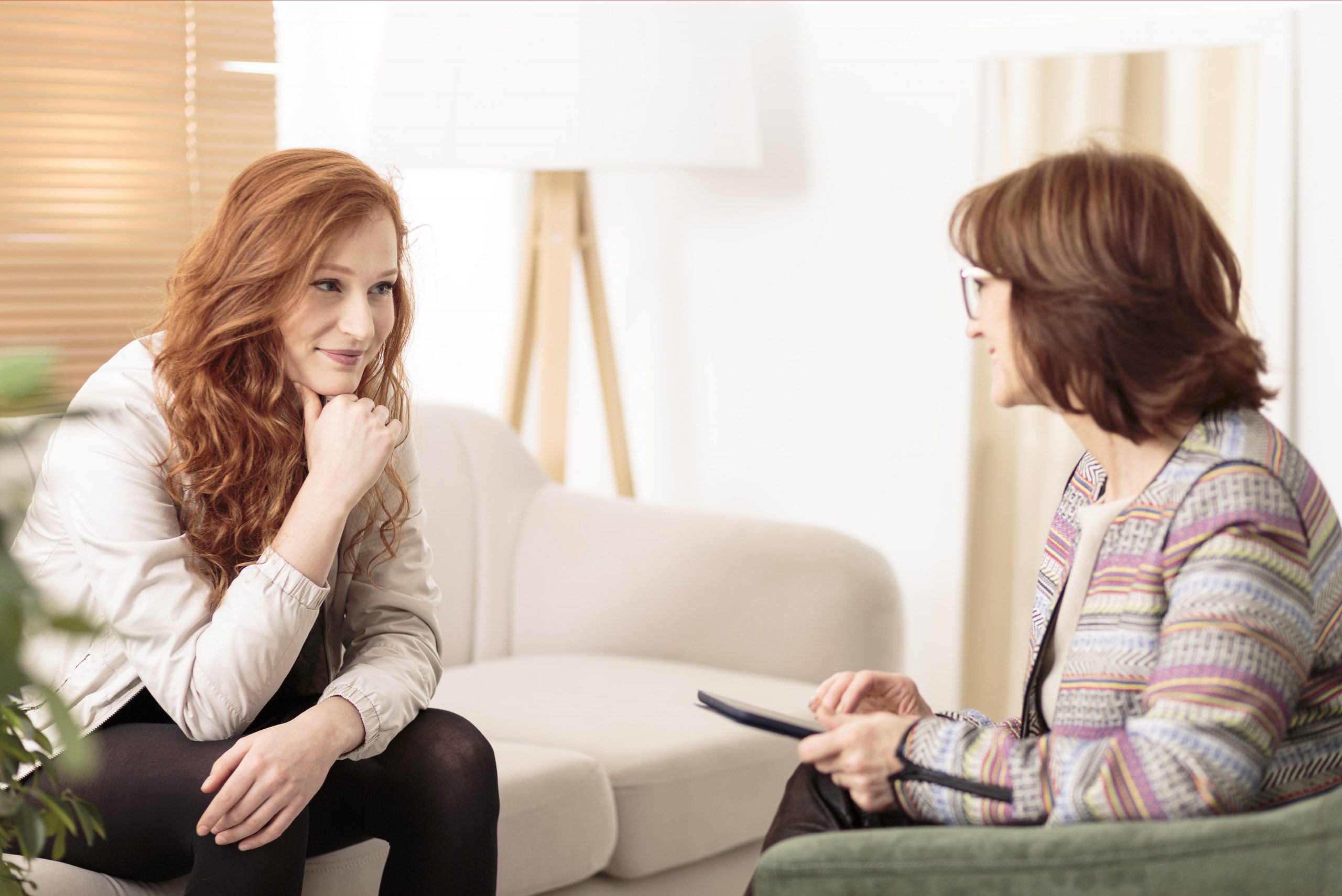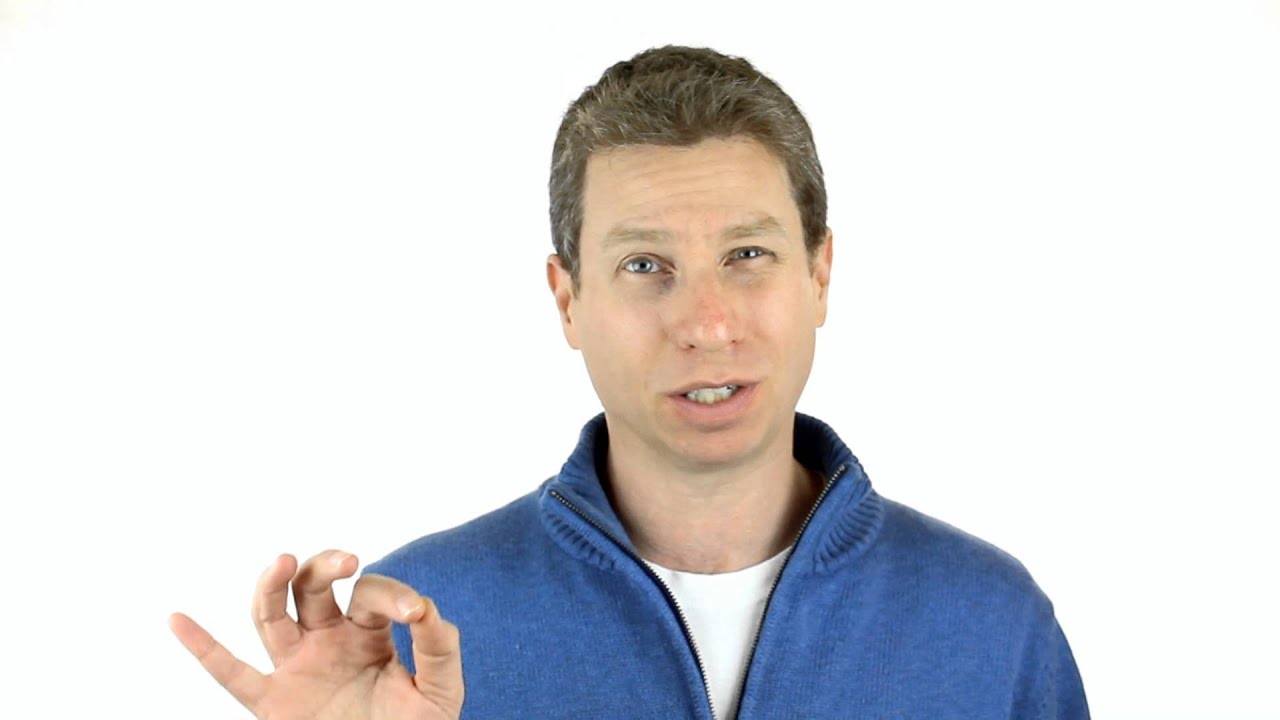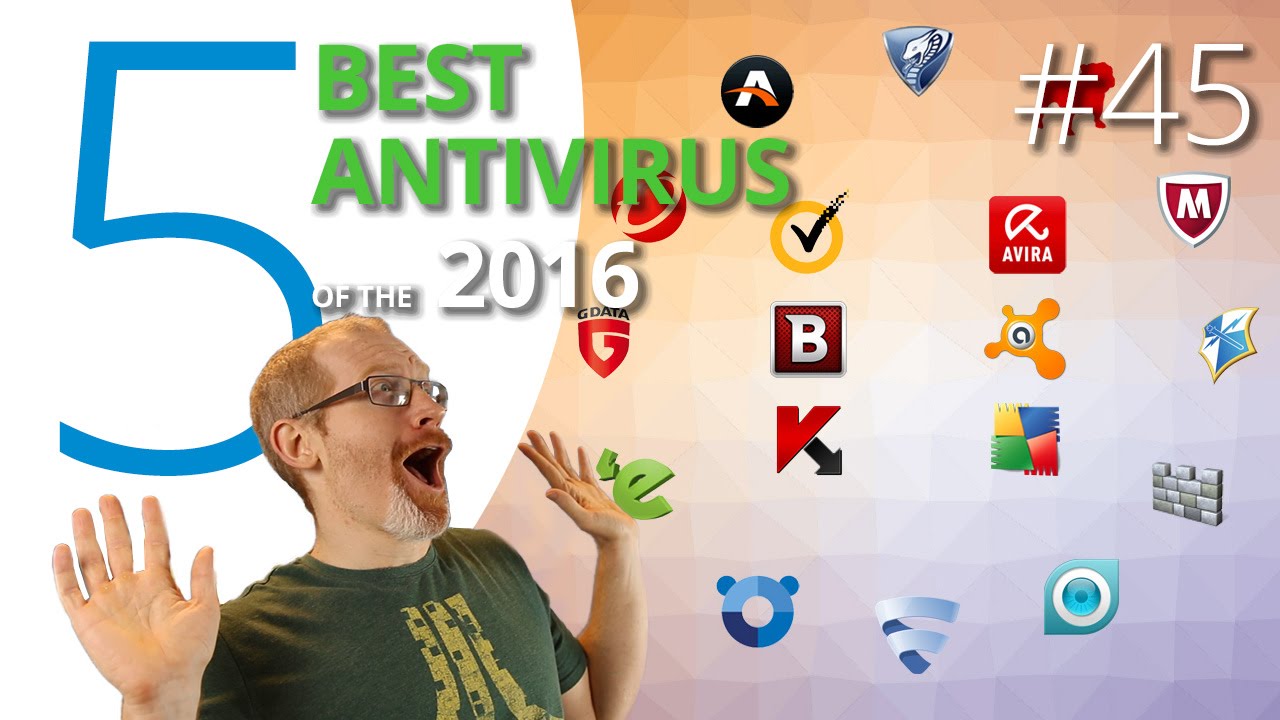The meaning of feeling useful
Love comes into being through useful service to others.
Emanuel Swedenborg, Swedish philosopher
We all want to be useful to others in some way or another
Some time ago, my baby girl, who is ten months old, handed me a piece of broccoli while she was eating. First, I said: No, thank you, you eat it. It’s your food! She still kept reaching my mouth with her little hand. I took that piece of broccoli and ate it and said: Thank you. She was so happy about it. She smiled and looked at me satisfied that she had convinced me.
At that moment, I remembered wanting to be useful myself even since early childhood. I was four years old when I felt eager to help my mom put the plates with food on the table when we had guests.
The question that I ask myself these days is was that something I wanted, or I just felt good that people were praising me for that?
There is a theory that says people who want to make themselves useful, actually are doing this for themselves, not for others. They just want to feel good about themselves. It’s like a confirmation that you were not born in vain on this planet, that you count. So what? Is this wrong?
Throughout every stage of my life, I remember that the sense of utility was always in the back of my mind. I learned to cook when I was twelve, meaning that I was able to make a soup, a main course and a dessert. In the beginning, my mom told me just to prepare the ingredients so she could quickly prepare dinner when she came home from work. She then added one more step every time, so, later on, I was able to do it all by myself.
There was a time when I felt I was taken advantage of and thought I could do something else with my spare time at that age. At the same time, I felt really good that my family was eating the food I had prepared all by myself.
It wasn’t until later that I realized how this actually helped me out in life. Mainly during my student years, cooking for myself and my two roommates, and later for my husband who jokes that he wouldn’t have married me, had I not known how to cook :). Even now, when I cook, I feel it helps me relax, I really enjoy the process and the result, but still, the main feeling is that I am happy, I am useful to my family, that they have fresh, healthy and tasty food.

Becoming a coach is strongly related to helping others
I am convinced that even my choice of becoming a coach is strongly related to that fact that I want to make myself useful, by helping others. The feeling I have when clients tell me: You really helped me, You opened my eyes, Oh, I have so many options now I never thought of, or You changed my life for the better, and I am really thankful for that is a deep sense of utility that makes me happy.
These are just some examples. When I think about the majority of my actions or activities during the day, most of them are related to my desire to be useful.
My family comes first. Still, during the second week of the state of the emergency during the Coronavirus pandemic, I began thinking how I could help as a coach those entrepreneurs that are close to losing their faith or even their businesses due to the current situation.
The first thing that came to my mind was that I could offer pro-bono coaching sessions and at least try to help some of them. I posted my intention on Facebook, and within the hour, I got six messages from people I know, some of whom I haven’t spoken with for a long time. Speaking and listening to them felt good, and even if not everyone achieved their objectives, at least they had someone to talk to about their fears, hopes and actions they believed would help their businesses.
I also wouldn’t hide from you the fact that these sessions helped me shake off my own fears and thoughts of what will happen next etc., while focusing on someone else, with the main objective to help.
The purpose of life is not to be happy. It is to be useful, to be honourable, to be compassionate to have it make some difference that you have lived and lived well.
Ralph Waldo Emerson, American poet
Are you up for a challenge?
So here’s my challenge. Think of three actions that you could do from home to help others. Then think of what action you could start doing immediately, the resources you need, if you don’t have the resources needed, how you could get them and actually start doing it.
A week later, do a follow up on how many people you’ve helped, how did you feel about it, what is it you can do better and what is it you can do to feel better. And do the same with the next two actions you thought about.
There are a lot of people working from home, and taking on additional tasks might seem overwhelming. But mark my words, even doing a tiny thing that could take you five minutes to do, could mean a lot to someone and would give you a sense of utility that would improve your state of mind, boost your self-esteem and even make you happy. It could be a donation, a consultancy in an area in which you are an expert, cooking or shopping for someone, teaching an older person how to place an online order, etc.
Just think how good it would feel to emerge from this pandemic knowing you did something meaningful, which will be remembered by people you helped.
Join the Conversation
We’d love to hear what you have to say.
Get in touch with us on our LinkedIn Group, Facebook Group or Twitter.
How to choose the best antivirus software for you – Part II
We continue the list of pieces of advice that will help you take a very documented and precise decision while choosing your antivirus software, after last week’s article.
According to pcworld.com, to find out about the biggest names in antivirus, you should visit AV-Test’s Windows home users page. Here, you’ll find a breakdown by Windows version, with each program rated on three criteria: protection, performance, and usability. The companies are listed in alphabetical order, but you can click on any of the criteria points to get a ranking based on that (performance, for example). Each category is rated on a six-point scale represented by a group of circles. More colored-in circles means a better score.
According to heimdalsecurity.com, 3 ways you can find the best free or paid antivirus for you are through: user opinions, expert reviews and independent testing.
Cybersecurity forums are still some of the best places you can check to find good and trustworthy reviews and comparisons of antivirus software. You may also use Quora (The website is designed so you can quickly access your areas of interest. You can ask a question or just simply browse it looking for your areas of interest), yahoo answers (centers on the experience and knowledge of everyday users rather than the knowledge of experts), reddit (Ask Reddit users to compare various antivirus software and you will end up with a very lively conversation among users that covers almost every antivirus program imaginable. ‘Redditors’ will talk at length about the pros and cons of one antivirus or another.), trustpilot (Reviews of antivirus programs are another way to choose the product that fits your needs. Most people read the reviews on the developer’s page, but it’s impossible to be sure which review is real and which isn’t.).
The next step would be looking for the experts’ opinions, that are well-documented.
Paid-for antivirus software
Many people keep their computer safe by paying for a security suite, which will usually include antivirus software, protection against scams and a firewall. Most brands have options for just one device or, for more money, multi-user licences so you can install the same protection on two or more computers in your home. Some also allow you to pay extra up-front for a further year or two of cover.
Pros: Provides an all-round security solution accessed through a single interface. Individual components are automatically updated at the same time so you get protection against the latest threats. Cons: They can be expensive and you’ll also face ongoing costs, usually in the form of an annual subscription, to receive updates after the initial period of protection is over (usually a year). Some security suites can place a drain on system resources, too, potentially slowing down your computer.
Pay attention to the performance
Security products are, by nature, programs that require quite a bit of computing resources in order to do their job. They will definitely use more computing power than your media player, for example. If your computer is not the most powerful on the market, you should take into consideration the performance aspect:
- Have a small impact on the boot timings of your computer. Your Windows should start almost as fast as it did before you installed your security product.
- Have a small impact on your computer’s performance. A very effective security solution is no good if it bogs down your computer. A good security product will know how to use your computer’s resources in a way that doesn’t negatively impact your computing experience in terms of performance and responsiveness.
- Be fast in scanning your computer for malware. Good antiviruses tend to be faster than others when it comes to scanning your computer for malware threats.
When choosing the right security product for you, you should check whether the additional tools are:
- Security-oriented. If a security product gives you for free additional tools that are not security oriented, we believe that they are not worth buying. Those tools are probably just a means to a marketing end.
- Useful. Whatever they do, the additional tools you get when buying a security product should be useful to you. They shouldn’t be just clones of tools that are already found in Windows.
- Don’t harm your security or your privacy. Some vendors choose to bundle additional tools that are not helpful in increasing your security or privacy. On the contrary, they are harming it. If a security solution includes shady toolbars, web browsers, browser add-ons or any other tools that lower your security or privacy, you should stay away from that product.
- Don’t involve additional costs. If you need to pay more money in addition to what you already paid for the security suite, they’re not worth it.
Usability is key
According to Digital Citizen, a good security product must be easy to use both by knowledgeable users as well as casual users with little to no knowledge about security. Here are some of the facts that they are pointing out:
- Be easy to navigate. A good security solution should provide you with an intuitive way of navigating through its various windows, tabs, menus and settings.
- Be easy to use on devices with touchscreens. The era of the plain old monitor is dead. These days, the number of PCs with a touchscreen on them is increasing at a very fast rate. Thus, more and more people use touch in order to control how software works. A good security product should have large buttons, tiles, switches of all kinds, check marks and so on – control elements that are easy to touch with your finger too, not only with a mouse’s cursor.
- Be easy to understand. No matter how easy it is to navigate through a user interface, it’s no good if you don’t understand what each and every item and setting means. The configuration options that are offered should be easy to understand by all users.
- Be easy to configure. Good products are products which are easy to set… not like those at IKEA :). Security products should be easy to configure.
- Provide you with easy to find documentation. Just like any good product, good security products must provide an easy way to access their documentation. If Help documentation is available but you can’t find it, what’s the point?
- Give you complete control of how it works. Many people look for security products that don’t require any special configuration. But there are also people who want to set each and every detail of how a security product works. If that’s the case for you, a good security product must provide you with complete control.
According to heimdalsecurity.com, “ no single antivirus solution is enough to keep you safe. Even antivirus developers encourage you use multiple security software programs to keep you safe. If malware passes one software, they will have to face another, and with each new step chances of infection drop dramatically”.
And last, but not least, your attention and your smarts are some of the best antiviruses out there. Pay attention before opening any mail or links received on social media websites, delete the suspicious ones.



